
A dictionary is a listing of lexemes from the lexicon of one or more specific languages, often arranged alphabetically, which may include information on definitions, usage, etymologies, pronunciations, translation, etc. It is a lexicographical reference that shows inter-relationships among the data.
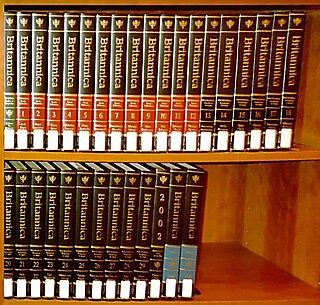
An encyclopedia or encyclopaedia is a reference work or compendium providing summaries of knowledge, either general or special, to a particular field or discipline. Encyclopedias are divided into articles or entries that are arranged alphabetically by article name or by thematic categories, or else are hyperlinked and searchable. Encyclopedia entries are longer and more detailed than those in most dictionaries. Generally speaking, encyclopedia articles focus on factual information concerning the subject named in the article's title; this is unlike dictionary entries, which focus on linguistic information about words, such as their etymology, meaning, pronunciation, use, and grammatical forms.

The Encyclopædia Britannica is a general knowledge English-language encyclopaedia. It has been published by Encyclopædia Britannica, Inc. since 1768, although the company has changed ownership seven times. The encyclopaedia is maintained by about 100 full-time editors and more than 4,000 contributors. The 2010 version of the 15th edition, which spans 32 volumes and 32,640 pages, was the last printed edition. Since 2016, it has been published exclusively as an online encyclopaedia.
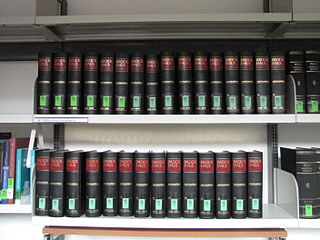
A reference work is a non-fiction work, such as a paper, book or periodical, to which one can refer for information. The information is intended to be found quickly when needed. Such works are usually referred to for particular pieces of information, rather than read beginning to end. The writing style used in these works is informative; the authors avoid use of the first person, and emphasize facts.
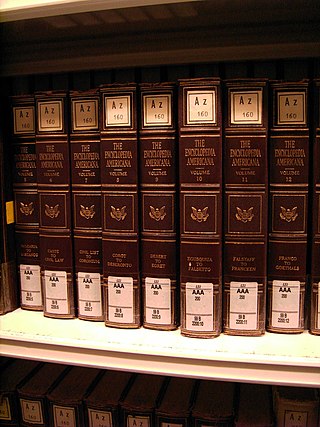
Encyclopedia Americana is a general encyclopedia written in American English. It was the first general encyclopedia of any magnitude to be published in North America. With Collier's Encyclopedia and Encyclopædia Britannica, Encyclopedia Americana became one of the three major and large English-language general encyclopedias; the three were sometimes collectively called "the ABCs of encyclopedias". Following the acquisition of Grolier in 2000, the encyclopedia has been produced by Scholastic.
Webster's Dictionary is any of the English language dictionaries edited in the early 19th century by Noah Webster (1758–1843), an American lexicographer, as well as numerous related or unrelated dictionaries that have adopted the Webster's name in his honor. "Webster's" has since become a genericized trademark in the United States for English dictionaries, and is widely used in dictionary titles.
The World Book Encyclopedia is an American encyclopedia. World Book was first published in 1917. Since 1925, a new edition of the encyclopedia has been published annually. Although published online in digital form for a number of years, World Book is currently the only American encyclopedia which also still provides a print edition. The encyclopedia is designed to cover major areas of knowledge uniformly, but it shows particular strength in scientific, technical, historical and medical subjects.
An online encyclopedia, also called an Internet encyclopedia, is a digital encyclopedia accessible through the Internet. Examples include Encarta from 2000 to 2009, Wikipedia since 2001, the Encyclopædia Britannica since 2016, and Encyclopedia.com since 1998.
Educational software is a term used for any computer software which is made for an educational purpose. It encompasses different ranges from language learning software to classroom management software to reference software. The purpose of all this software is to make some part of education more effective and efficient.
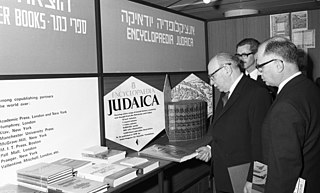
The Encyclopaedia Judaica is a 22-volume English-language encyclopedia of the Jewish people, Judaism, and Israel. It covers diverse areas of the Jewish world and civilization, including Jewish history of all eras, culture, holidays, language, scripture, and religious teachings. First completed in 1971–1972, the encyclopedia had been published in two editions by 2010, accompanied by a few revisions.

An electronic dictionary is a dictionary whose data exists in digital form and can be accessed through a number of different media. Electronic dictionaries can be found in several forms, including software installed on tablet or desktop computers, mobile apps, web applications, and as a built-in function of E-readers. They may be free or require payment.
In Japanese, encyclopedias are known as hyakka jiten (百科事典), which literally means "book of a hundred subjects," and can trace their origins to the early Heian period, in the ninth century. Encyclopedic works were published in Japan for well over a thousand years before Japan's first modern encyclopedias were published after Japan's opening to the West, during the Meiji Period (1868–1912). Several encyclopedias have been published in Japan since World War II, including several children's encyclopedias, and two major titles are currently available: the Encyclopedia Nipponica, published by Shogakukan, and the Sekai Dai-Hyakka Jiten, compiled by the Heibonsha publishing company. A Japanese Wikipedia is also available.

Microsoft Bookshelf is a discontinued reference collection introduced in 1987 as part of Microsoft's extensive work in promoting CD-ROM technology as a distribution medium for electronic publishing. The original MS-DOS version showcased the massive storage capacity of CD-ROM technology, and was accessed while the user was using one of 13 different word processor programs that Bookshelf supported. Subsequent versions were produced for Windows and became a commercial success as part of the Microsoft Home brand. It was often bundled with personal computers as a cheaper alternative to the Encarta Suite. The Encarta Deluxe Suite / Reference Library versions also bundled Bookshelf.
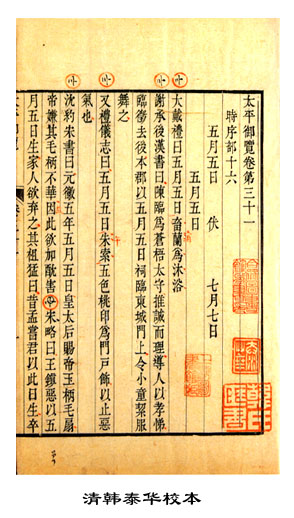
Chinese encyclopedias comprise both Chinese language encyclopedias and foreign language ones about China or Chinese topics. There is a type of native Chinese reference work called leishu that is sometimes translated as "encyclopedia", but although these collections of quotations from classic texts are expansively "encyclopedic", a leishu is more accurately described as a "compendium" or "anthology". The long history of Chinese encyclopedias began with the Huanglanleishu and continues with online encyclopedias such as the Baike Encyclopedia.

MicrosoftEncarta is a discontinued digital multimedia encyclopedia published by Microsoft from 1993 to 2009. Originally sold on CD-ROM or DVD, it was also available online via annual subscription, although later articles could also be viewed for free online with advertisements. By 2008, the complete English version, Encarta Premium, consisted of more than 62,000 articles, numerous photos and illustrations, music clips, videos, interactive content, timelines, maps, atlases and homework tools.
Ultralingua is a single-click and drag-and-drop multilingual translation dictionary, thesaurus, and language reference utility. The full suite of Ultralingua language tools is available free online without the need for download and installation. As well as its online products, the developer offers premium downloadable language software with extended features and content for Macintosh and Windows computer platforms, smartphones, and other hand held devices.
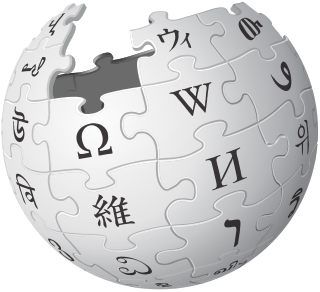
The following outline is provided as an overview of and a topical guide to Wikipedia:

Encyclopedias have progressed from the beginning of history in written form, through medieval and modern times in print, and most recently, displayed on computer and distributed via computer networks.
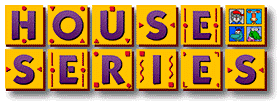
Early Learning House or simply the House Series is a collection of four main educational video games and two compilations for the Windows and Macintosh platforms, developed by Theatrix Interactive, Inc. and published by Edmark software. Each different game focuses on a particular major learning category with selectable skill settings for preschooler, kindergarten and elementary learners. Millie's Math House (1992) on mathematics, Bailey's Book House (1993) on language, Sammy's Science House (1994) on science, and Trudy's Time and Place House (1995) on history and geography. A spin-off, Stanley's Sticker Stories (1996), sees players create animated storybooks with the series' characters. Millie & Bailey Preschool and Millie & Bailey Kindergarten each contain the combined activities from two of the four software products. In addition the programs can be configured by an adult mode to suit students with special needs. Most of the activities in every game have two modes, one to allow learners to explore and try it out for themselves and the other for learners to follow specific tasks set by the game characters. Learners also have the option to print pictures of creative activities and record sounds in phonics activities. Later the games were re-developed by Houghton Mifflin Harcourt Learning Technology and re-published by The Learning Company with newer graphics and additional activities.












